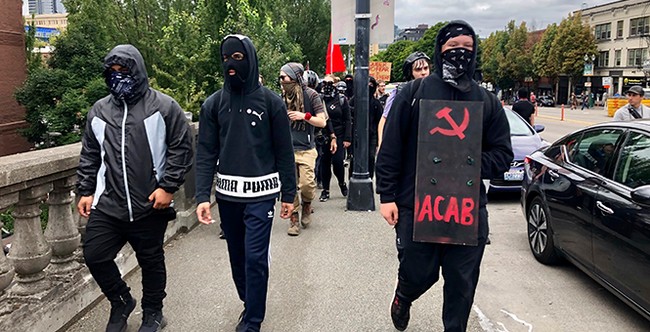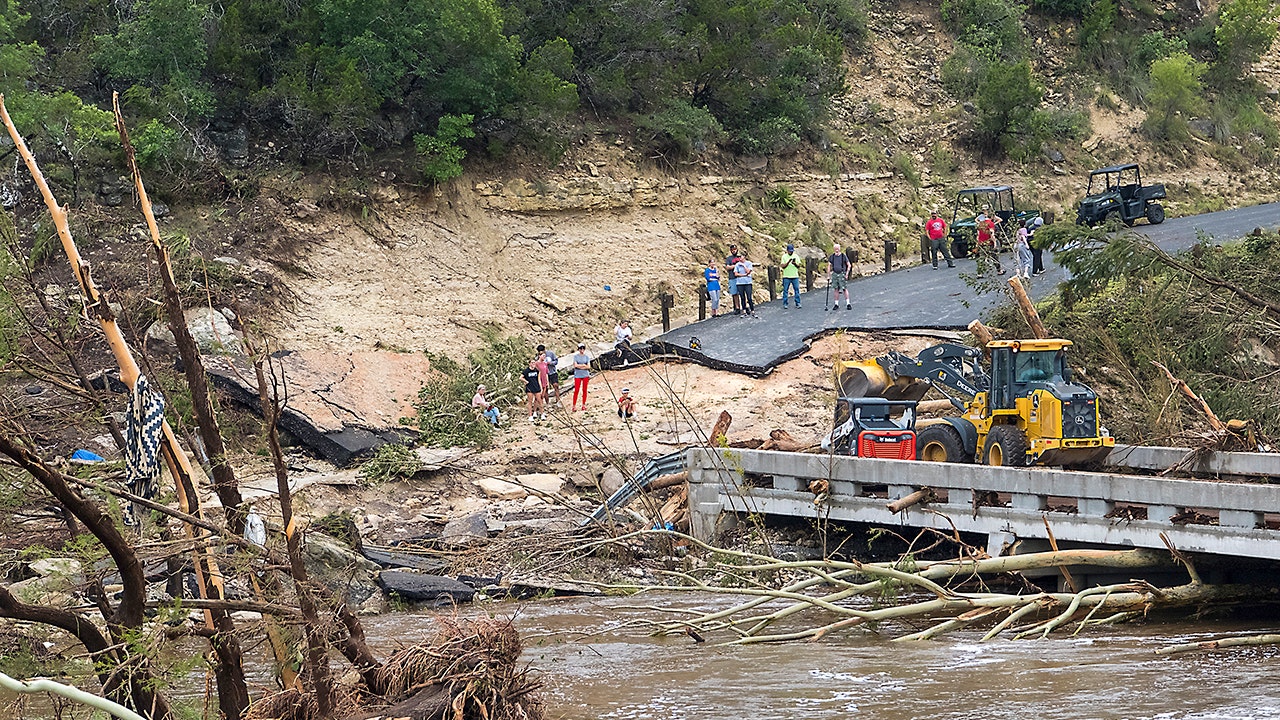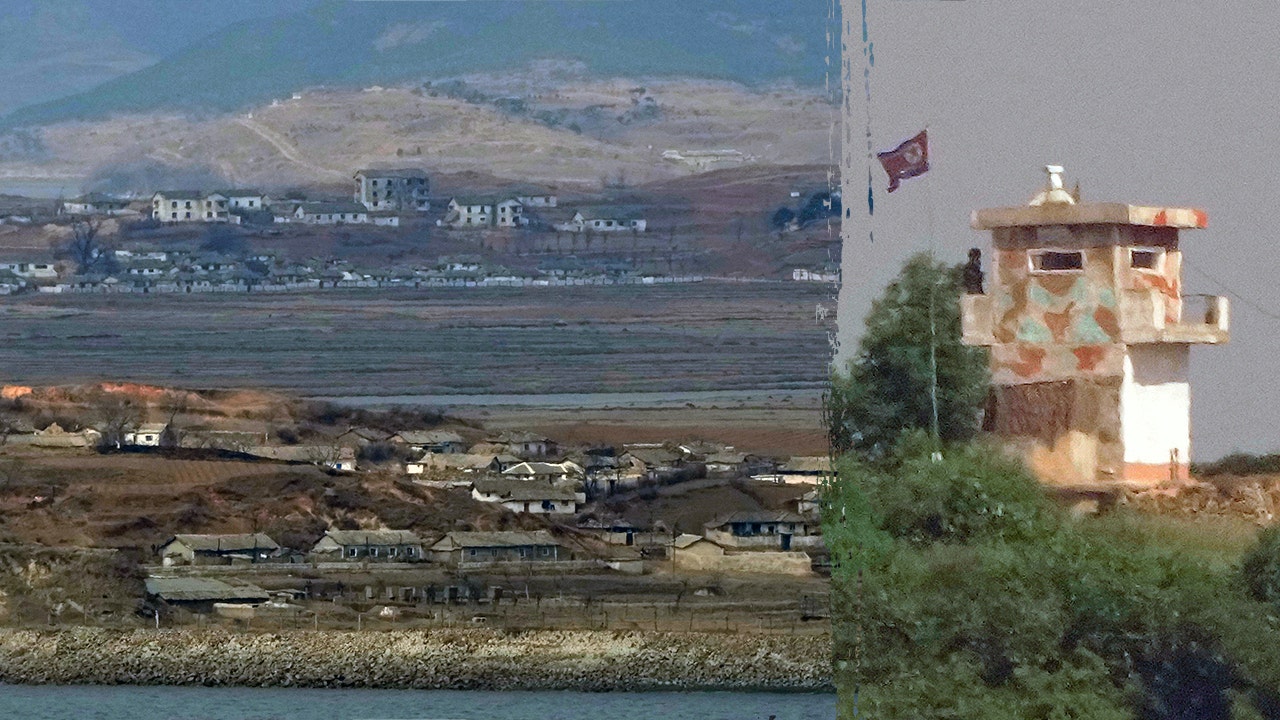Americans have made clear that they have tired of crime and chaos in the streets of their cities. Indeed, the last two presidential cycles could — and likely should — be viewed as anti-chaos elections. Voters got frightened of the chaos of a pandemic in 2020 and turned out in huge numbers in reaction to it; in 2024, voters rejected that outcome because the result turned out to be worse and more profound chaos.
So what must be done to restore civil order in the streets while still respecting the rights of citizens? The always-estimable Ilya Shapiro suggests in the always-interesting Free Press that it’s time to ban masks to take a bite out of crime:
As it happens, New York State had the oldest anti-masking law in the nation but repealed it during the pandemic. Torres is correct in calling for its reinstatement. He’s also right to connect the state legislature’s failure to do so to the abuse of Jewish college students by pro-Hamas fanatics. The State Assembly considered two bills to bring the ban back last year, but didn’t act amid pushback from left-wing groups.
Despite the state’s dithering, it has become obvious that the repeal of anti-masking laws has had disastrous consequences for cities like New York. Last month, health insurance executive Brian Thompson was brutally executed by a masked man who quickly fled the city. That murder took place in the city’s busiest neighborhood—Midtown Manhattan—in front of witnesses on a Wednesday morning. But had the suspect in the shooting not lowered his mask to briefly flirt with a hostel clerk, he might still be on the lam.
Not so long ago, the shooter wouldn’t have been able to cover his face in a coffee shop and on the streets of New York without arousing suspicion. Covid-19, however, made it commonplace to conceal our identities in public. The pandemic may be long over, but the acceptance of public masking lingers. And whether by making it easier for murderers to navigate a city anonymously, petty criminals to shoplift with impunity, or disorderly protesters to intimidate those around them, our tolerance for face coverings has made us less safe.
We’ve seen this problem repeatedly play out on our streets, on mass transit, and in our schools, such as when a mob of anti-Israel protesters seized a Columbia University building last April.
Be sure to read it all. A mask ban may not be a bad idea in and of itself, for some of the reasons that Shapiro lays out. Always thorough, Shapiro walks us through the argument that such a ban would infringe on First Amendment speech (it doesn’t), and his reasons why it would make law enforcement easier. Those arguments are solid, and after several years of masked Antifa chaos, well taken.
However, this misses the point. We do not have massive increases in crime and riots on college campuses because we allow people to wear masks in public. These social ills come from two other bad approaches to public life — one universal and the other more specific to a certain institution of American life.
To demonstrate both, let’s tackle the universal problem: an unwillingness to enforce laws. Let’s do a thought experiment that reveals the reason why masks are just a symptom. If a masking ban had been in place in New York during the Columbia riots, would police have actually arrested anyone? The answer to this specific hypothetical is no, for two reasons, each of which demonstrates my two arguments. First off, police wouldn’t arrest people whom district attorneys would never prosecute. And second, Columbia refused to call the police in the first place, not until months later.
So from this, let’s now identify the two real problems more clearly, none of which has anything to do with masking:
- We treat crime and violence like speech, and speech like crime and violence;
- Universities and colleges produce far more moral idiots than well-adjusted and educated members of society
Shapiro uses Mangione as an example of the ills of masking, but Mangione is far better explained by the second problem, and maybe even the first. Antifa riots are a great example of both. The explosion of retail thefts have little to do with masking and mostly to do with the lack of interest in prosecuting property crimes in major cities, which inevitably have escalated into bigger crimes like carjackings and other acts of violence, especially among minors who know they won’t face real consequences.
If we want less crime and chaos, then we have to lay serious consequences on those who commit mayhem. If we want to ban masks as a tool for police and prosecutors to break that cycle, great — but no one should kid themselves into thinking that it’s a substitute for what used to be called “broken windows” policy. That policy rescued New York City of its descent into decay by enforcing the law and prosecuting crimes that seem minor, but create the chaos we see today if left unchecked.
Besides, why would anyone respect a mask ban when prosecutors won’t put people in jail for theft? Why would police bother to act on illegal mask-wearing in that prosecutorial environment?
That’s part one of solving this problem. I covered part two in my October 2023 essay, “Decolonize Academia Now!” The same far-Left policies that have infected prosecutorial and law enforcement policies are massively magnified in universities and colleges, which is why the epicenter for violence and pro-terrorist mobs for the past fifteen months has been Academia. No one seriously suggests shutting down these schools to solve that problem, but banning masks on these campuses is like putting a Band-Aid on a severed limb. The most appropriate way to force these schools to live with the consequences of their own choices is to cut off all federal funds for everything related to higher education and force them to live with whatever revenue they can produce on their own.
We’ve had masks and crime for centuries now. Banning masks may have helped fight the KKK, as Shapiro argues, but that’s not what kept crime and chaos in check. If a mask ban allows police to enforce the law by allowing an arrest, that may help — but without prosecutors willing to deliver real consequences to people who commit crime and terrorize citizens in the streets, it’s meaningless. And the police who attempt to enforce such a ban would get hung out to dry by our current elitist political/media clique via leftist orgs like the ACLU — and they know it.
Read the full article here






![Harris Reluctantly Confirms Trump’s 2024 Win in Tense Moment [WATCH] Harris Reluctantly Confirms Trump’s 2024 Win in Tense Moment [WATCH]](https://www.lifezette.com/wp-content/uploads/2024/10/2024.10.30-02.47-lifezette-6722471851181.jpg)

![Dems Launch New Plan to Reclaim the White House [WATCH] Dems Launch New Plan to Reclaim the White House [WATCH]](https://www.lifezette.com/wp-content/uploads/2025/07/2025.07.05-07.41-lifezette-68697fcd03234.jpg)



